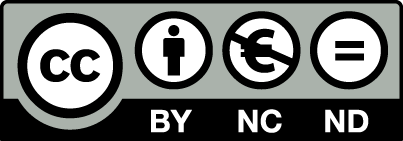The Genesis of the Case Method and its Impact on the American Philosophy of Law
Jacek Srokosz
Uniwersytet Opolski
2018 10 (2) Krytyka Prawa. Niezależne studia nad prawem
DOI 10.7206/kp.2080-1084.205








